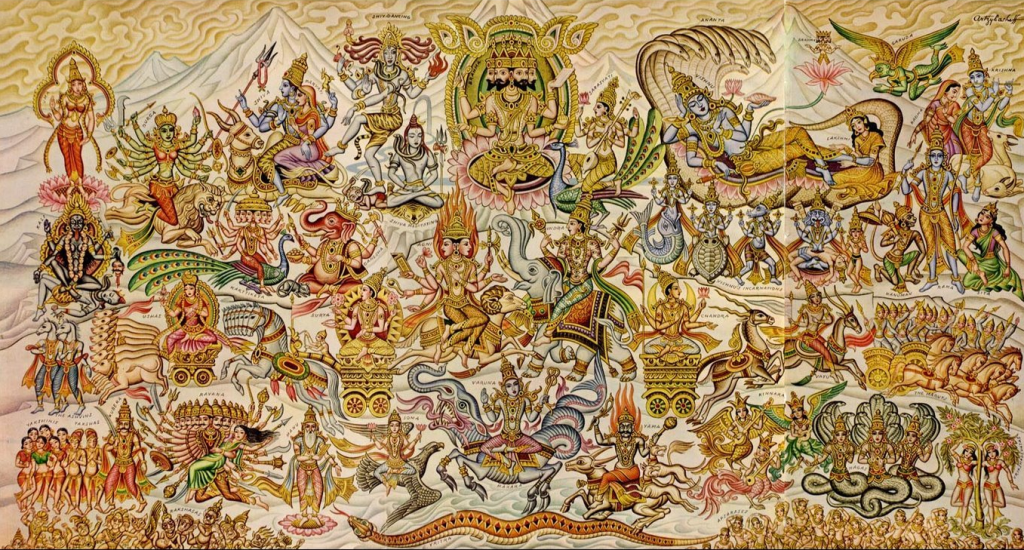Self Portrait
It doesn’t interest me if there is one God
Or many gods.
I want to know if you belong — or feel abandoned;
If you know despair
Or can see it in others.
I want to know
If you are prepared to live in the world
With its harsh need to change you;
If you can look back with firm eyes
Saying “this is where I stand.”
I want to know if you know how to melt
Into that fierce heat of living
Falling toward the center of your longing.
I want to know if you are willing
To live day by day
With the consequence of love
And the bitter unwanted passion
Of your sure defeat.
I have been told
In that fierce embrace
Even the gods
Speak of God.
David Whyte
A note from Rulik
Self Portrait by David Whyte is about many things.
Above all, it is about the power of love to distinguish between the inner and the outer world, and at the same time, build a bridge between them and embrace both.
The inner world is a subjective construct of one’s imagination. According to current brain science, it is designed to provide predictions that will maximize energy efficiency for the human animal.
The outer world is supposedly objective, relies on linguistic contracts and serves as the infrastructure of a culture or a group of people.
That basis allows the group to operate together consistently, thus maximizing the group’s likelihood for survival.
Many developmental psychology theorists explore the changes that help a child move from a completely subjective reality to a shared reality, navigated by shared language. Common phenomena such as imaginary friends or private language are by-products of that transition.
A related subject is what is known in theoretical psychology as the narcissistic phase. That time around two years old, when the child has a budding sense of self, and might be saying lots of “me” and “mine.”
The subjective reality existed already, now it includes a sense of somewhat separate identity.
With a separate sense of identity comes alienation and existential fear. To complete that phase of development, one needs to come to terms with vulnerability, with loneliness and with the contrast and sometime contradictions between togetherness and aloneness.
The phrase: “Here is where I stand” , describes such successful completion of the transition.
People who did not complete that phase, are stuck in comparisons that serve to justify or bolster one’s subjective world. Not being able to tolerate the heat of the contradictory embrace, the finality of their defeat, they reinforce the walls between inner and outer worlds, and make them even higher.
Whyte recommends GOD as the developmental goal, falling towards the center of your longing, living day by day with the bitterness of passion. Taking a stand, moving with and against the world that always tries to change you.


